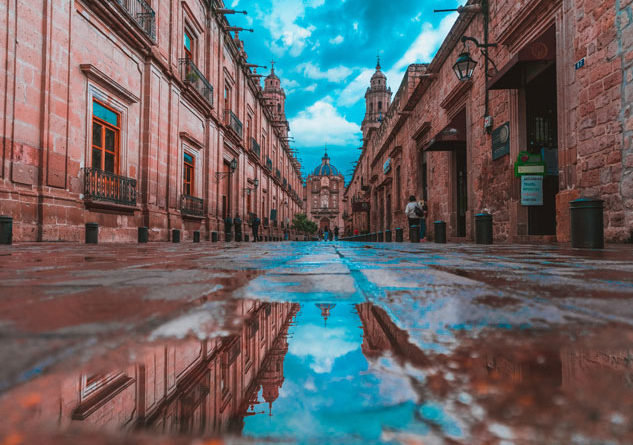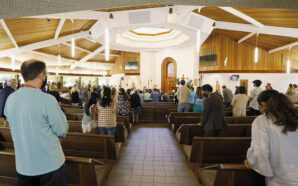Eduard Ribas i Admetlla
EFE
Mexico City – During the 1936-1939 Spanish Civil War, the Mexican government opened its doors to Republican intellectuals so they could practice their disciplines in what would become The College of Mexico.
Today, eight decades later, this academic institution prepares to receive Spanish Prime Minister Pedro Sanchez, who this Wednesday will thank Mexico for welcoming those Spaniards who fled from Francoism.
“This is a landmark year, the 80th year from the time the first Republican exiles landed in Mexico,” EFE was told by the head of The College, Silvia Giorguli, who described the visit of a Spanish prime minister as “very symbolic.”
After meeting this Wednesday with Mexican President Andres Manuel Lopez Obrador, Sanchez will head for The College to offer an address on the subject entitled “Mexico, Land of Welcome: 80 years of Spanish Republican exile.”
It was leftist President Lazaro Cardenas who supported the Republican cause in the Civil War, and who in 1938 decided to provide asylum in Mexico for Republican intellectuals with the founding of what was then called the Casa de España.
“Spain was a very rich intellectual world and Cardenas saw the chance to capitalize on all the exile could bring to Mexico,” Clara Eugenia Lida, research professor at The College’s Center for Historical Studies, told EFE.
Artists and intellectuals of many disciplines started coming to Mexico, like the poet Leon Felipe, the philosopher Jose Gaos, Dr. Isaac Costero, neurologist Gonzalo Rodriguez Lafora, the anthropologists Pedro Carrasco and Angel Palerm, and the politician Jose Giral, who was the republic’s prime minister in exile.
Around 40 Republican intellectuals made up the Casa de España in its early days, very few compared with the thousands of Spaniards who sought asylum in Mexico, but the mark they left was highly significant.
“They didn’t have an immediate effect, because the insertion of exiles in society was not quick,” Lida said, but the arrival of the Spanish intellectuals “had an influence as they successfully professionalized the university and scientific spheres.”
Furthermore, they were “very well trained” and “brought very specific learning in their fields,” which expanded into centers beyond the Casa de España, such as the prestigious National Autonomous University of Mexico (UNAM) and the National Polytechnic Institute.
But the reception for the Republicans did not have the support of all sectors in Mexico, since some “did not like what they saw,” the historian said.
Franco sympathizers and others on the right criticized the expense that the Casa de España signified, though Lida said it had a very small budget.
When the Cardenas presidency ended in 1940, the organization that had been founded as a temporary organization chose to become a “permanent Mexicanized institution” under its current name, The College of Mexico.
At present, this public institution is a Mexican and Latin American model for studies in the humanities and social sciences, which “maintains very close, very relevant relations with its Spanish origins, and the exile is a central theme at The College,” its president said.
In 2001, its work was honored with the Prince of Asturias Award for Social Sciences, and now it is the Spanish government that wishes to honor its history and legacy.






